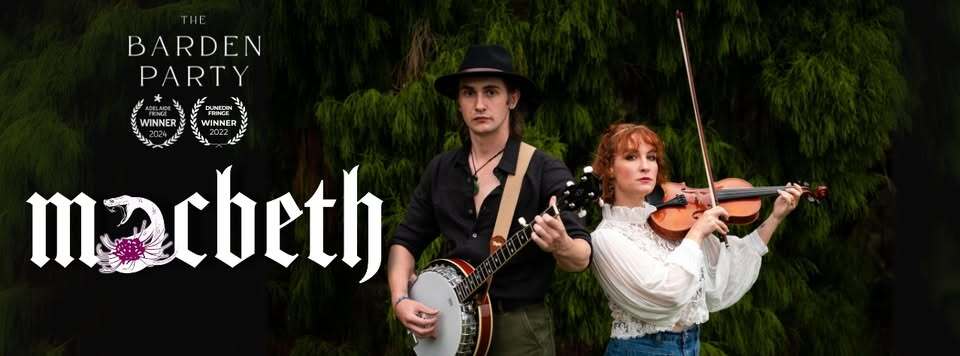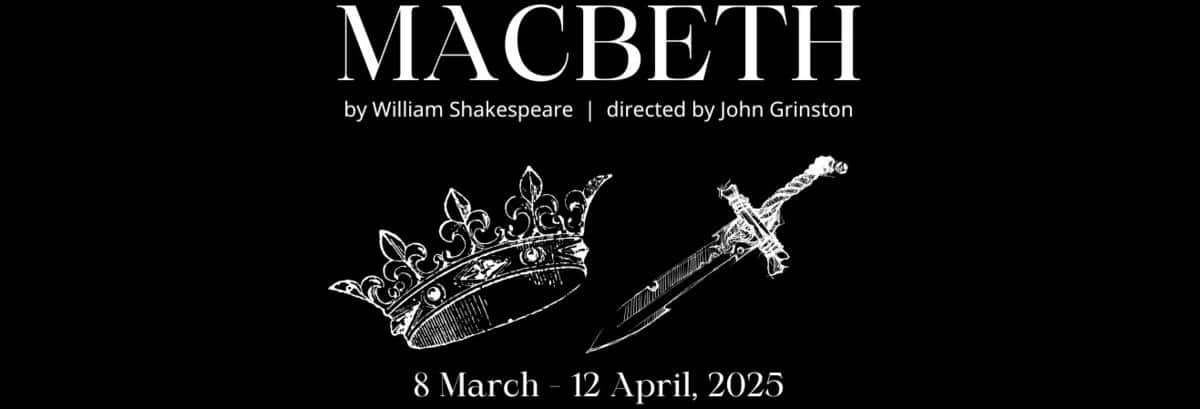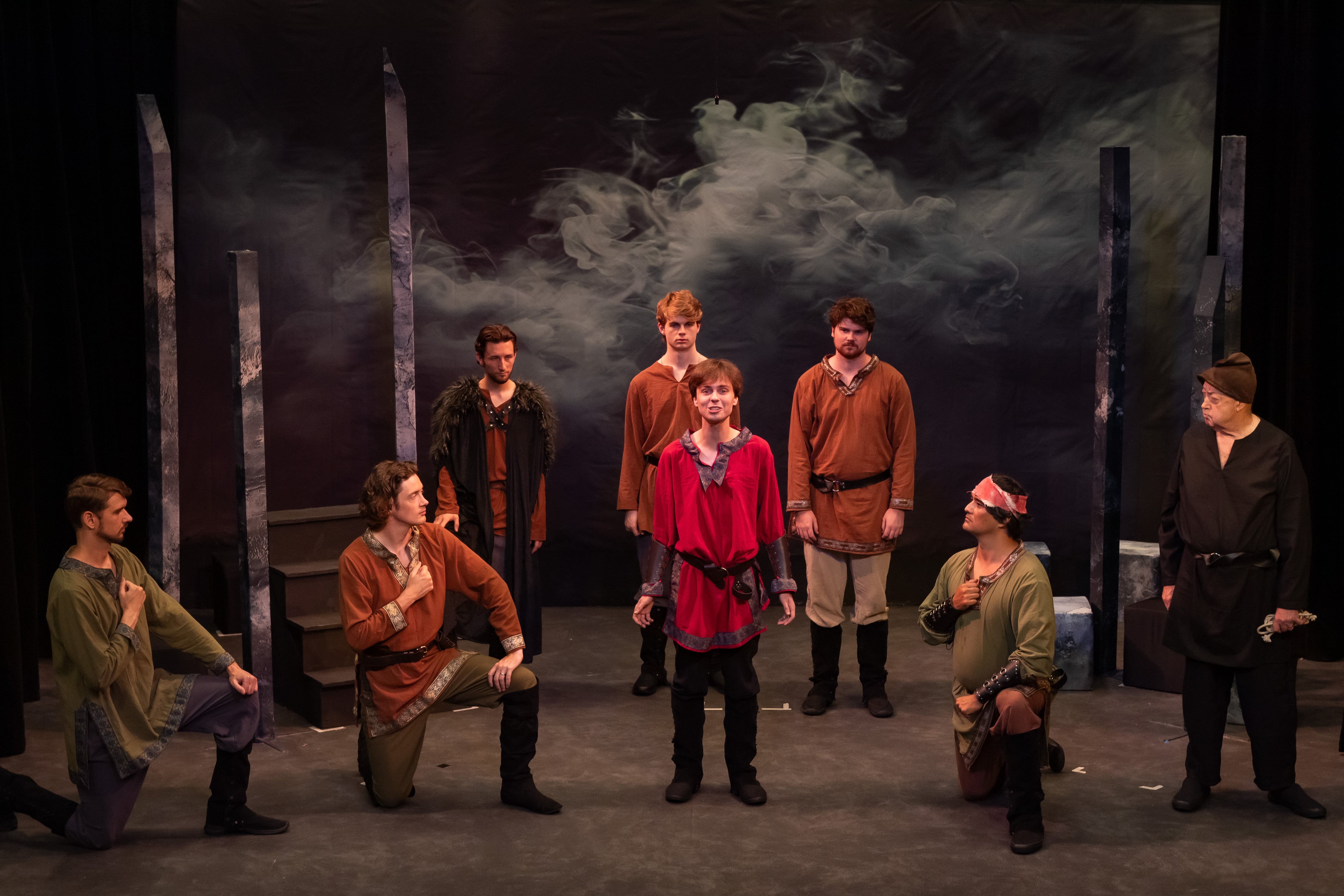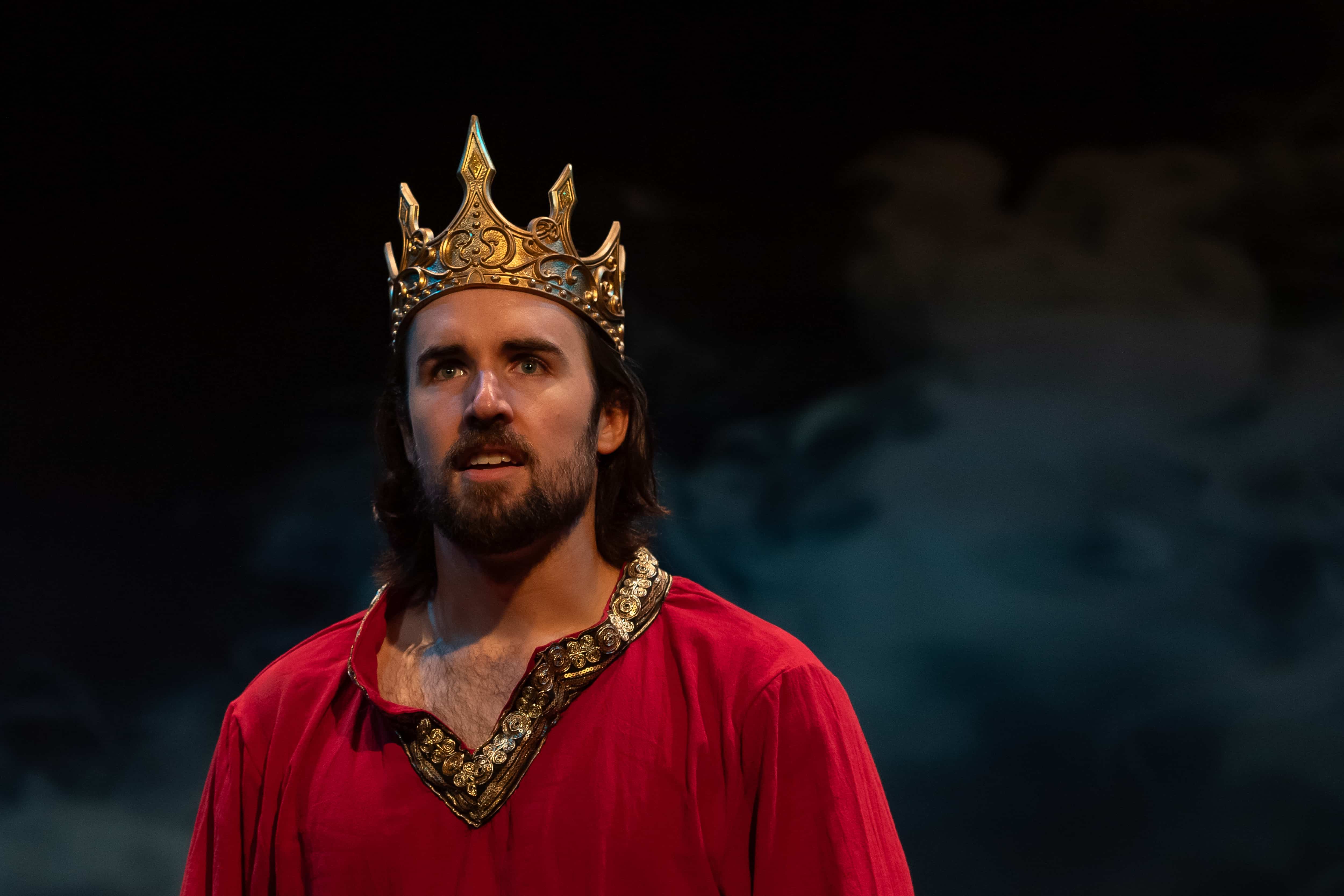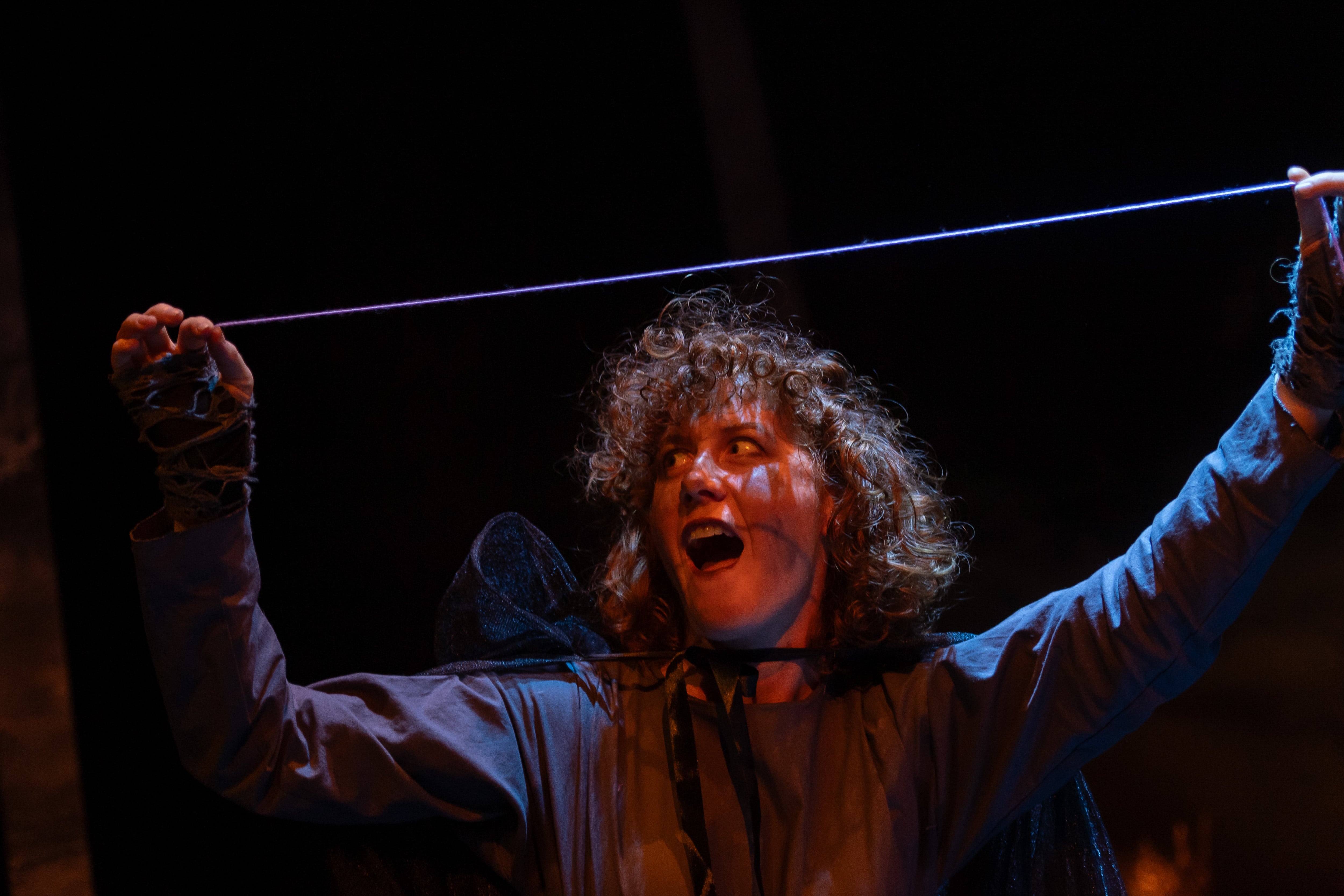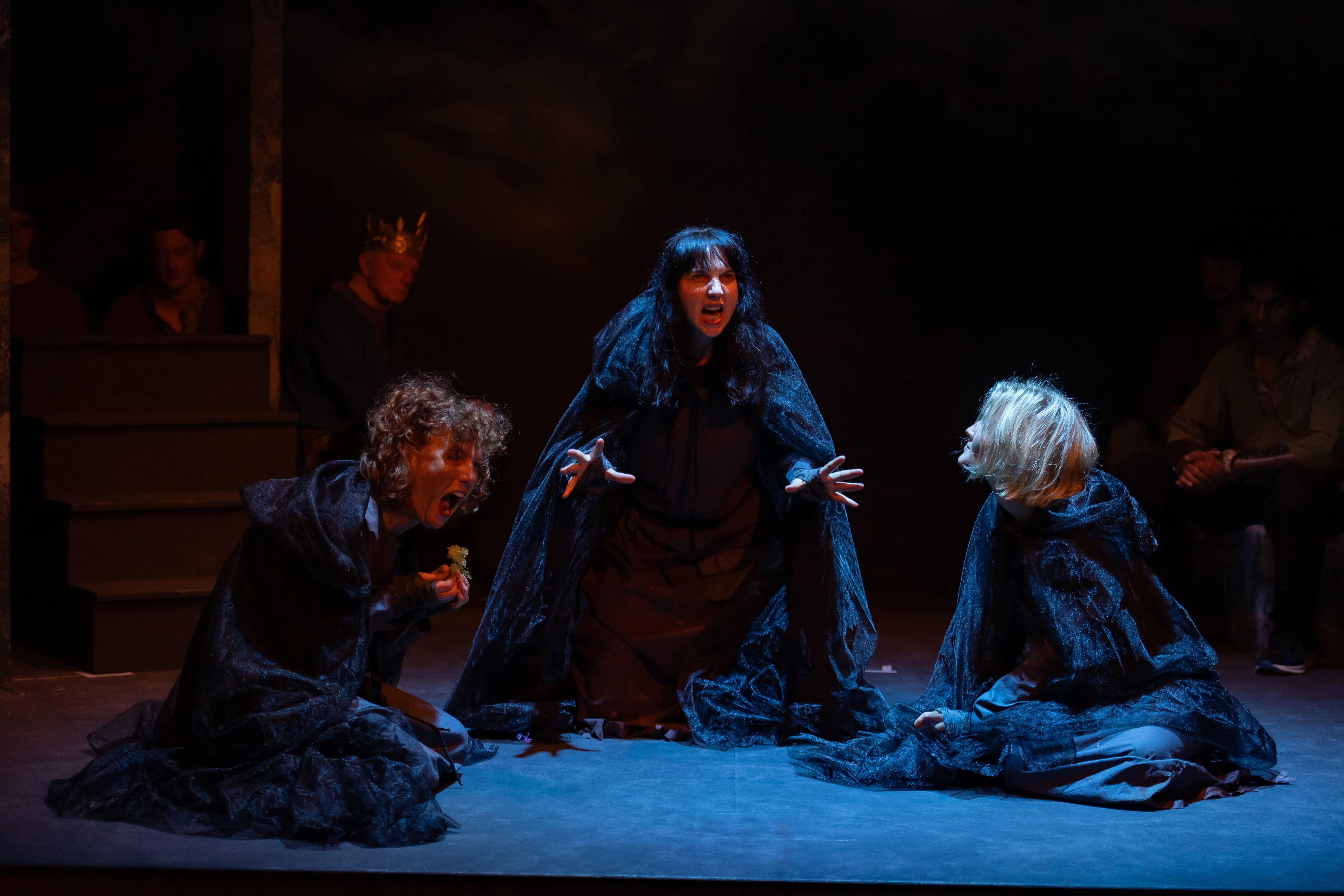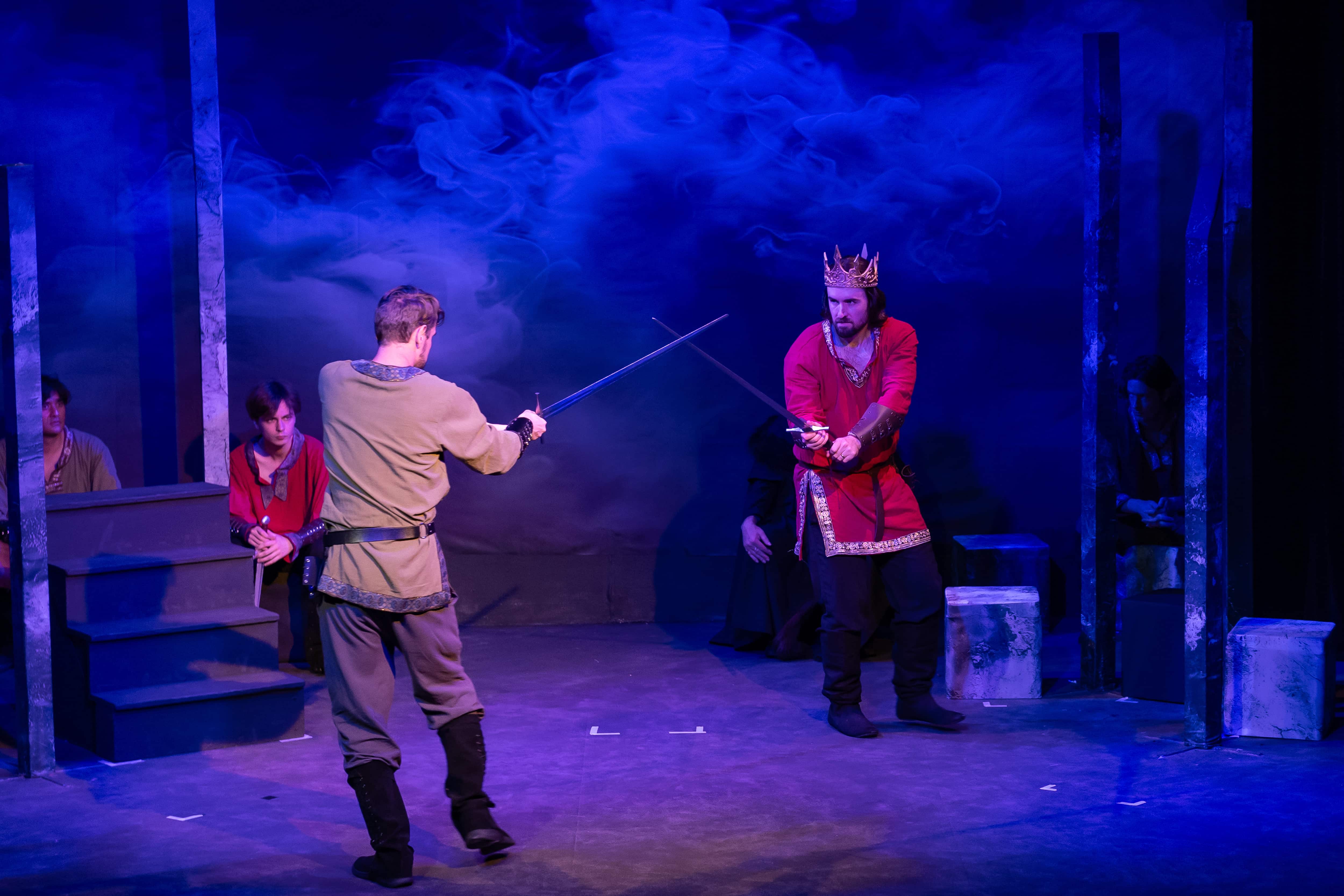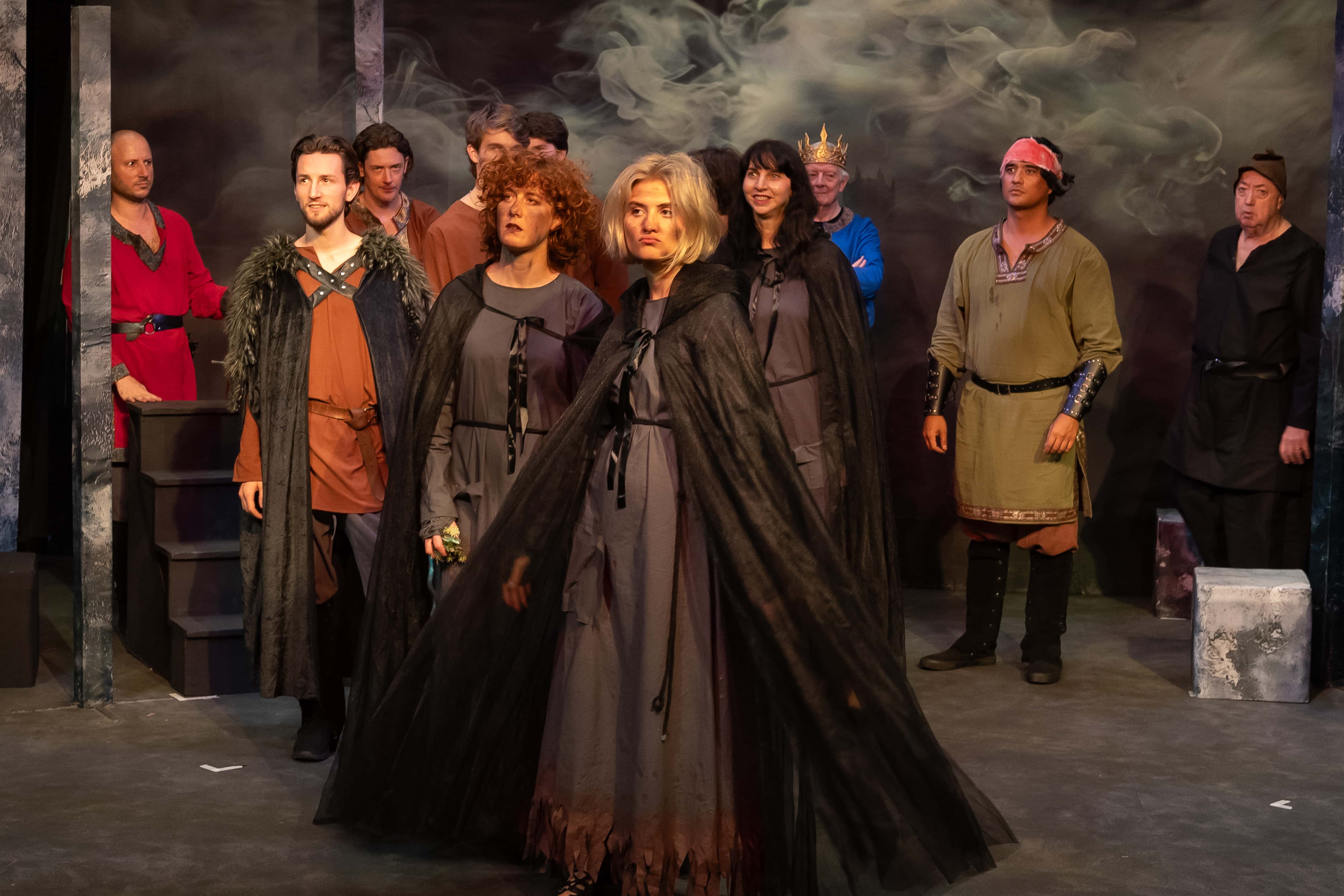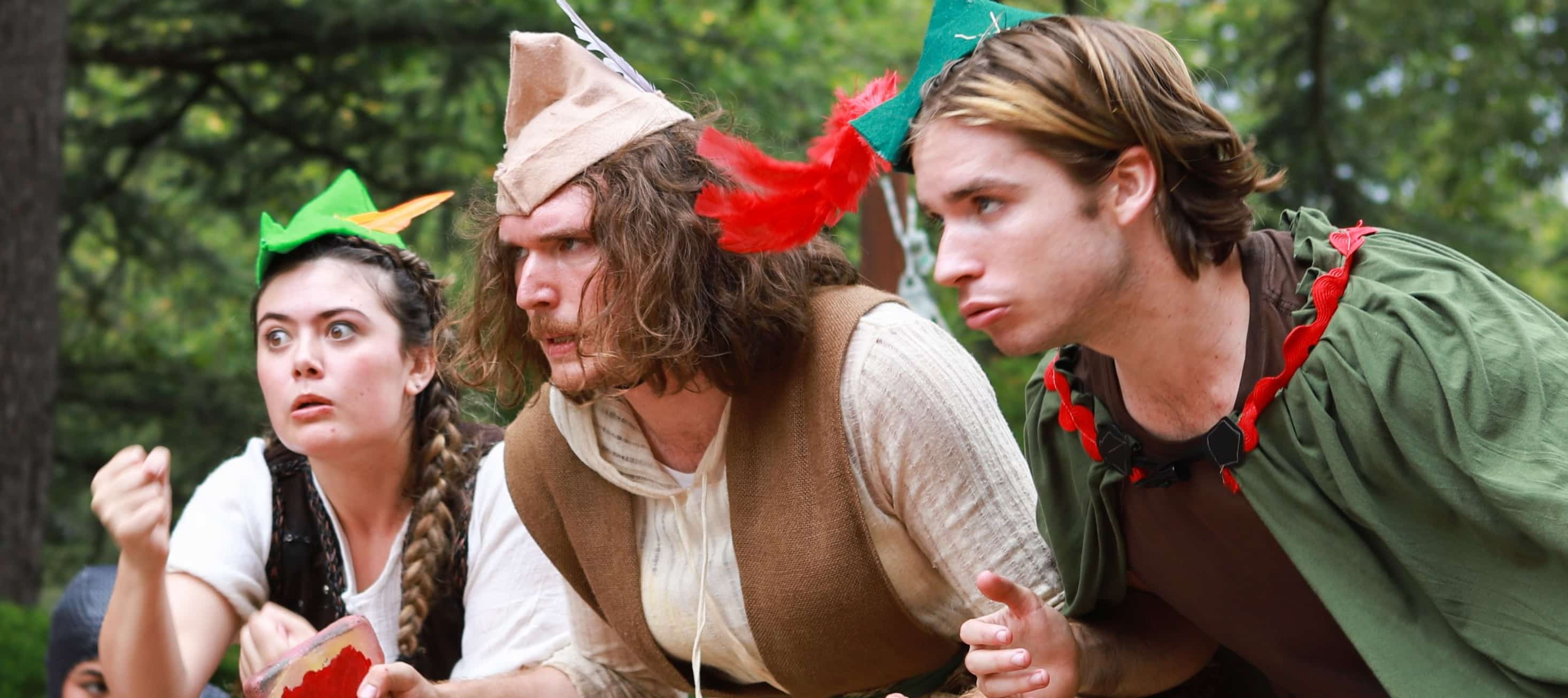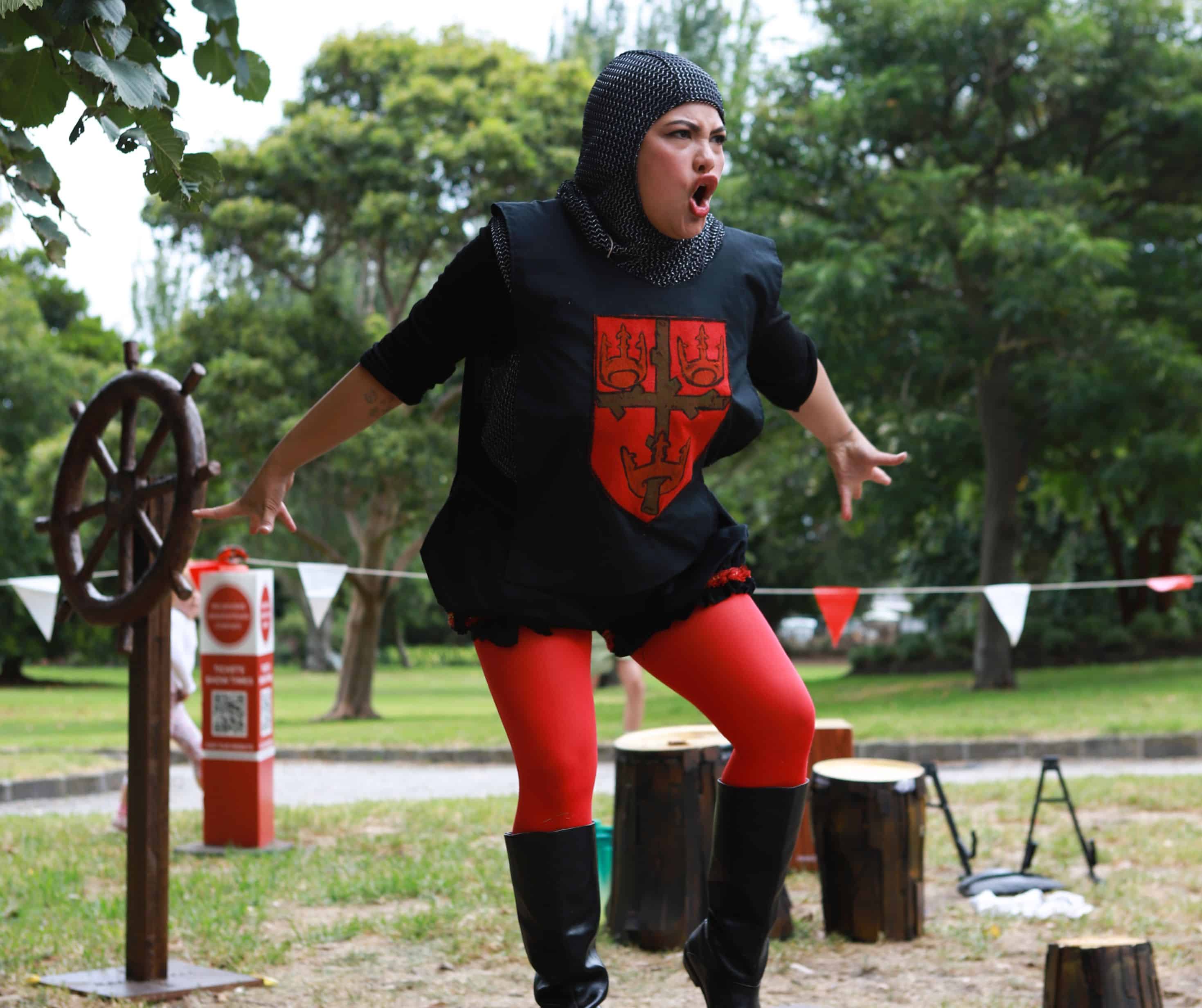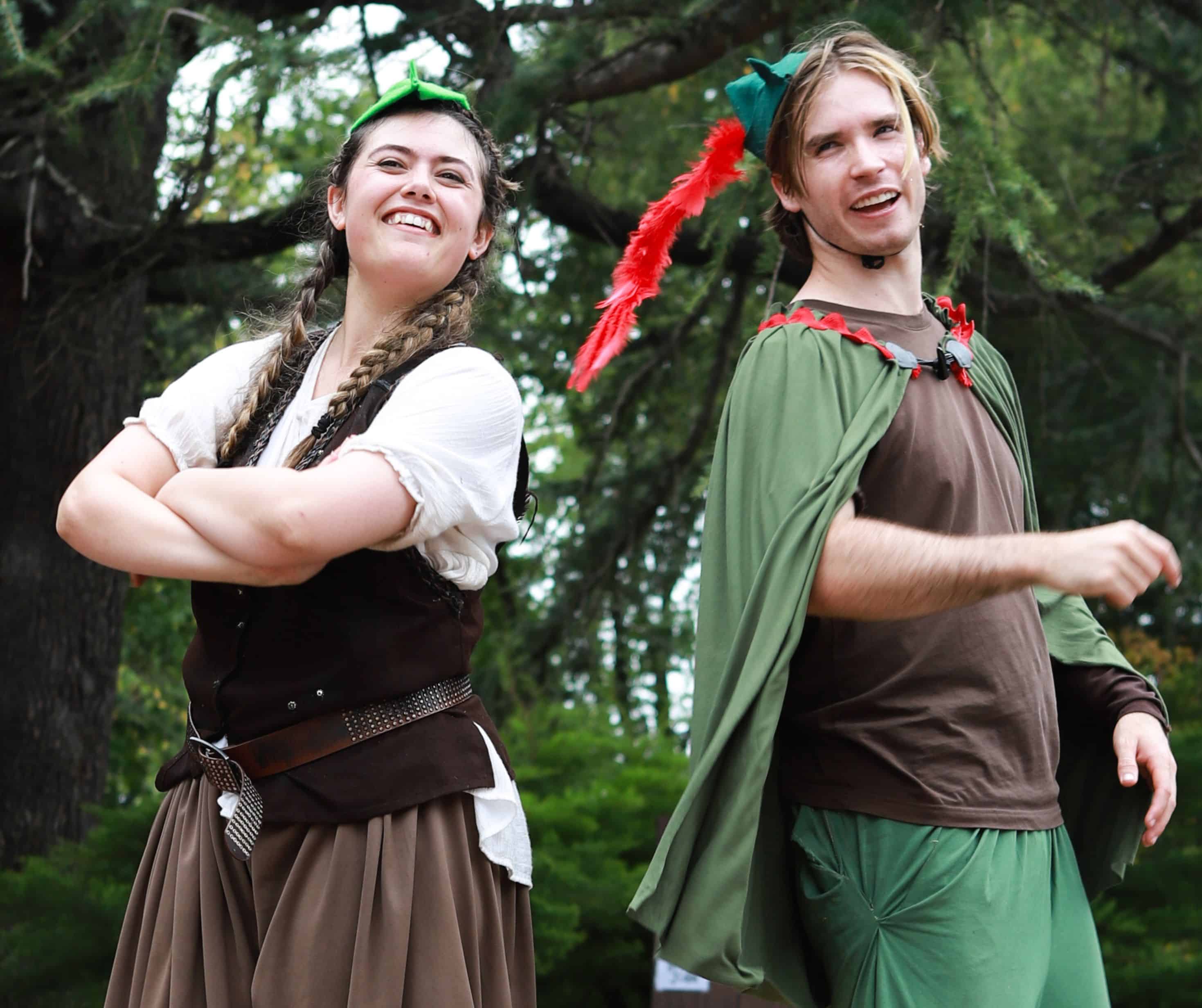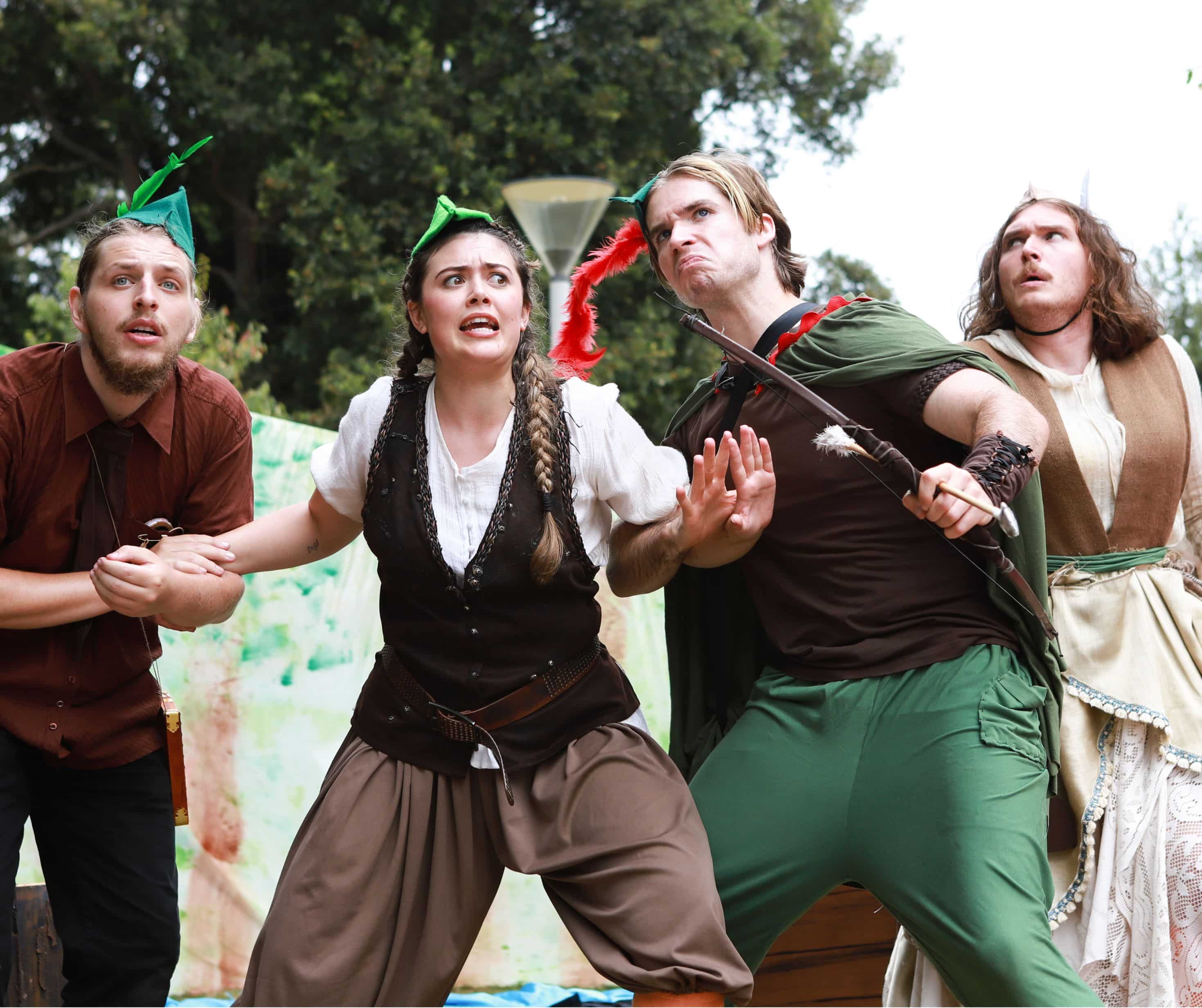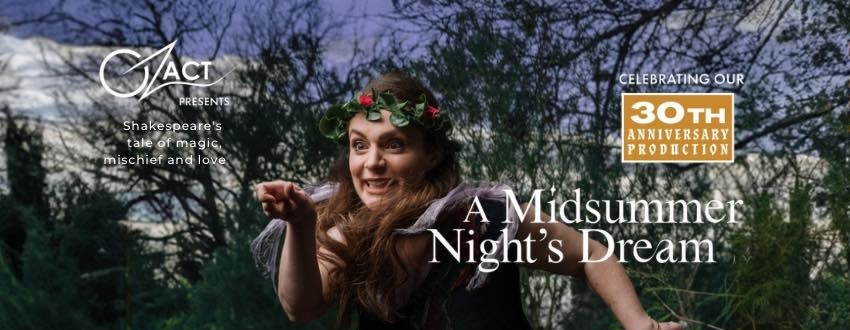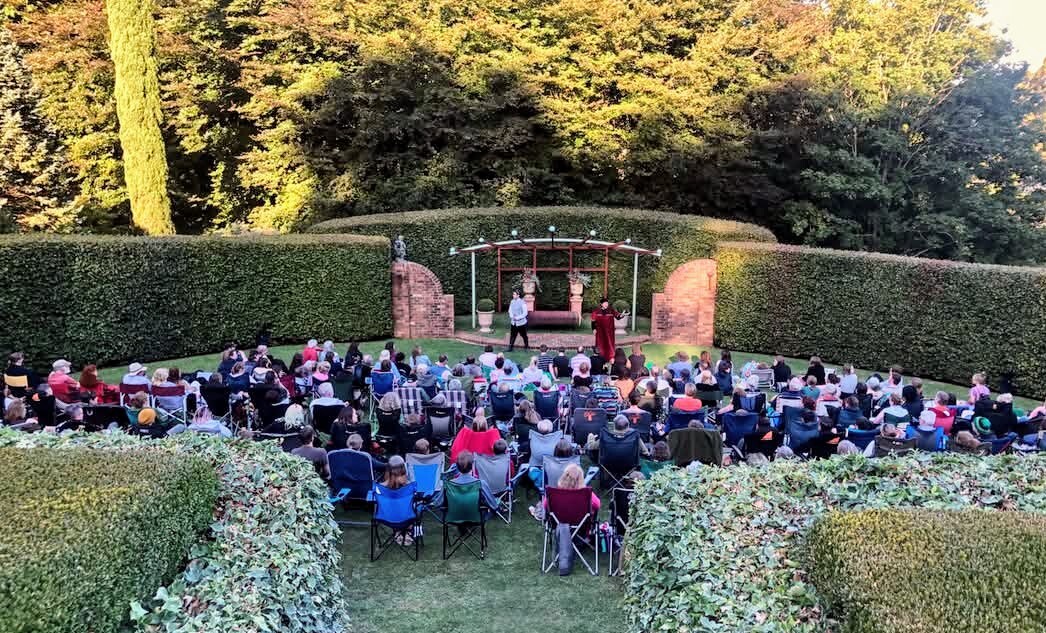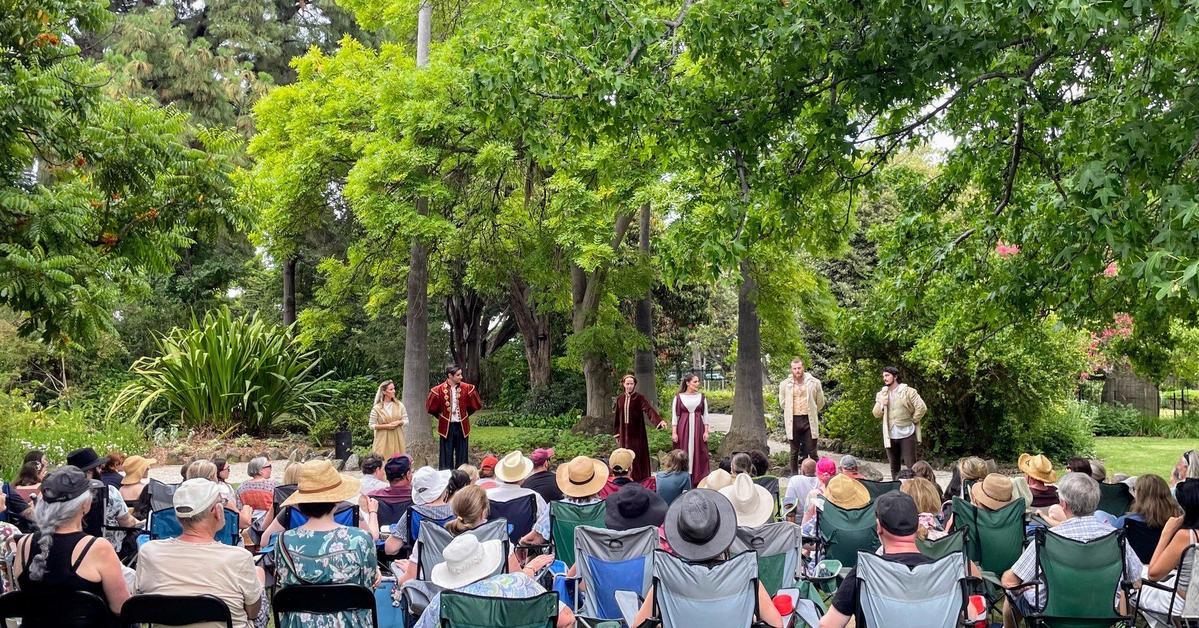G’day everyone! Today, we’re thrilled to have a yarn with the lead actor from the imaginative Romeo & Juliet/Macbeth Double Bill. These unique 90-minute musical adaptations shed a fresh light on the Bard’s timeless tales. Hang tight as we dive into this creative fusion and hear all about the joys and challenges of bringing such an intriguing performance to life.
About Romeo & Juliet/Macbeth Double Bill
What is this Production about?
This production is a double bill of 90-minute musical versions of Romeo and Juliet and Macbeth, with Australasian Indie-Folk and Bluegrass/Americana music, respectively. Music, Mischief, and Magic—It’s Shakespeare like you’ve never seen it.
What character are you playing, and what can you share with us about them?
The cast for both shows is the same, so all actors play roles across both shows. In this iteration of these shows, I play Romeo and Lady Macbeth. It’s been a lot of fun revisiting Romeo after a year away from the show, rediscovering all the little intricacies that made that character feel so special to me. Playing a gender-swapped Lady Macbeth was a daunting challenge, but one that has been so rewarding.
What’s challenging about bringing this script to life?
Bringing Shakespeare into a more modern context without losing what makes it such a timeless and special sort of show is always a challenge, especially when you throw musical elements into the mix, but I think we handle the material with just the right amount of revelry and rebellion all at once.
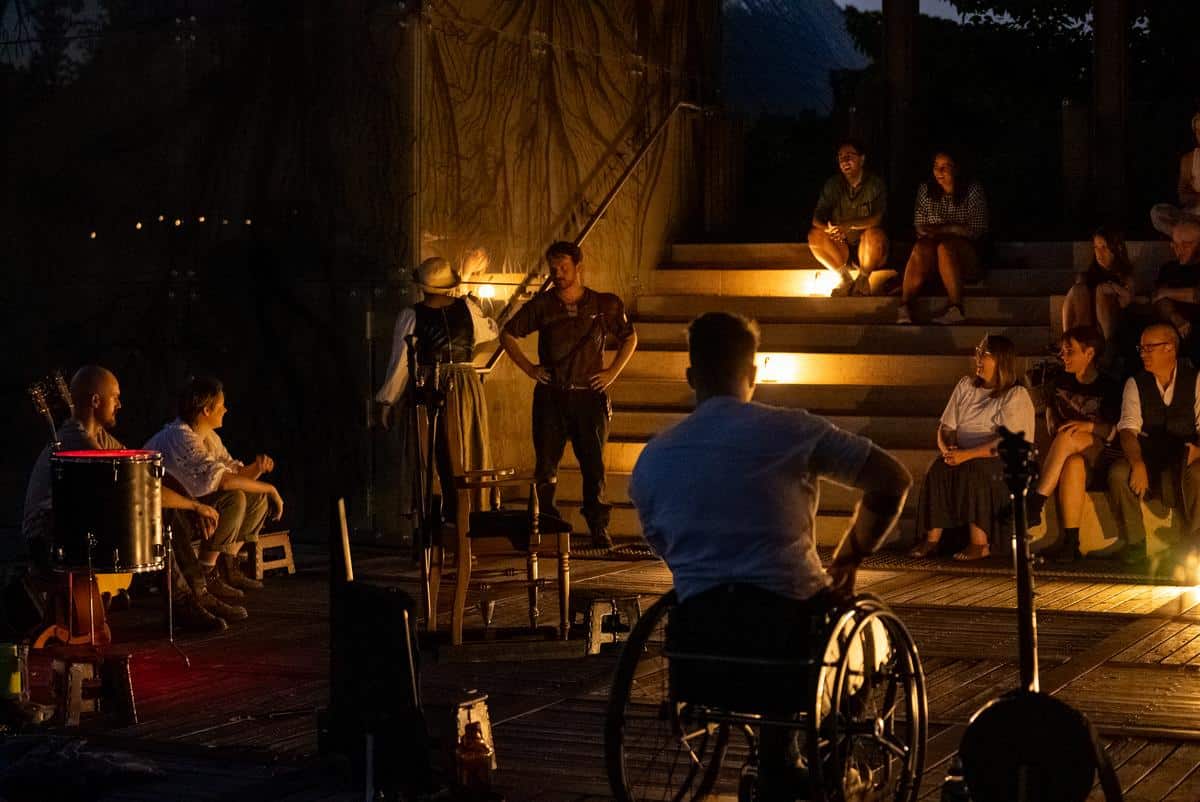
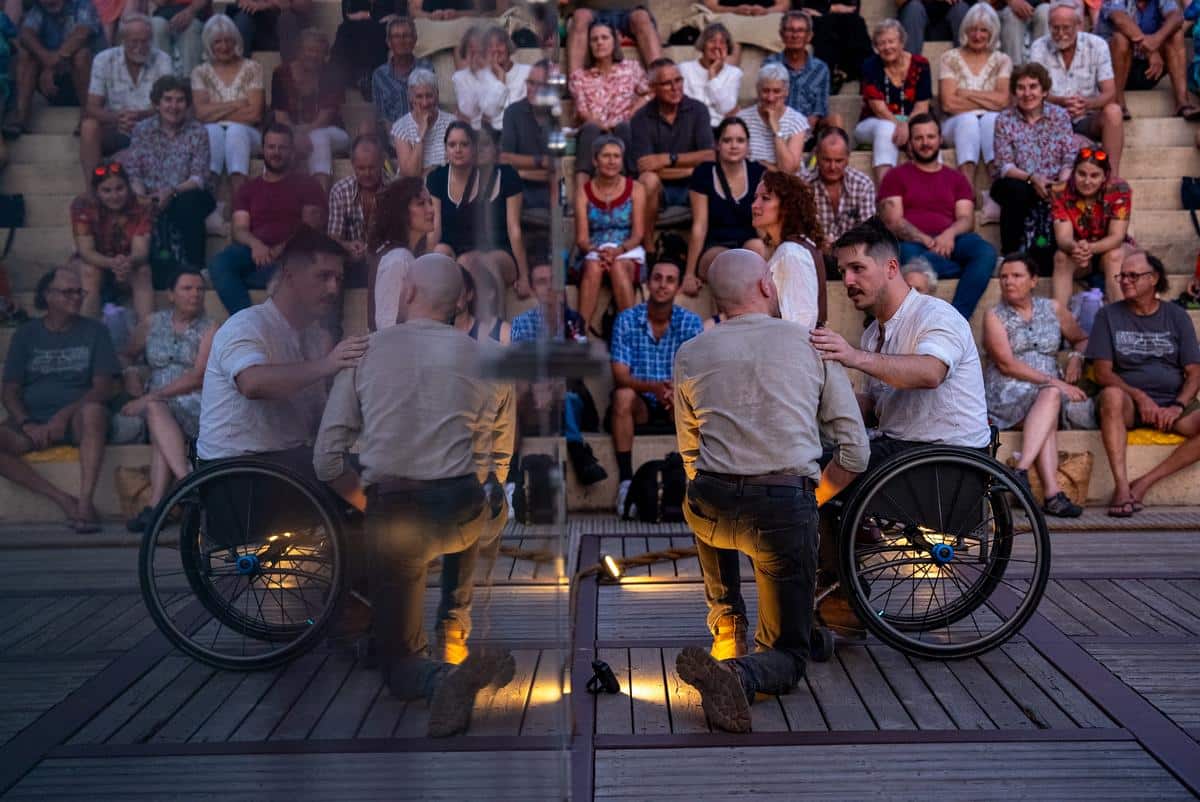
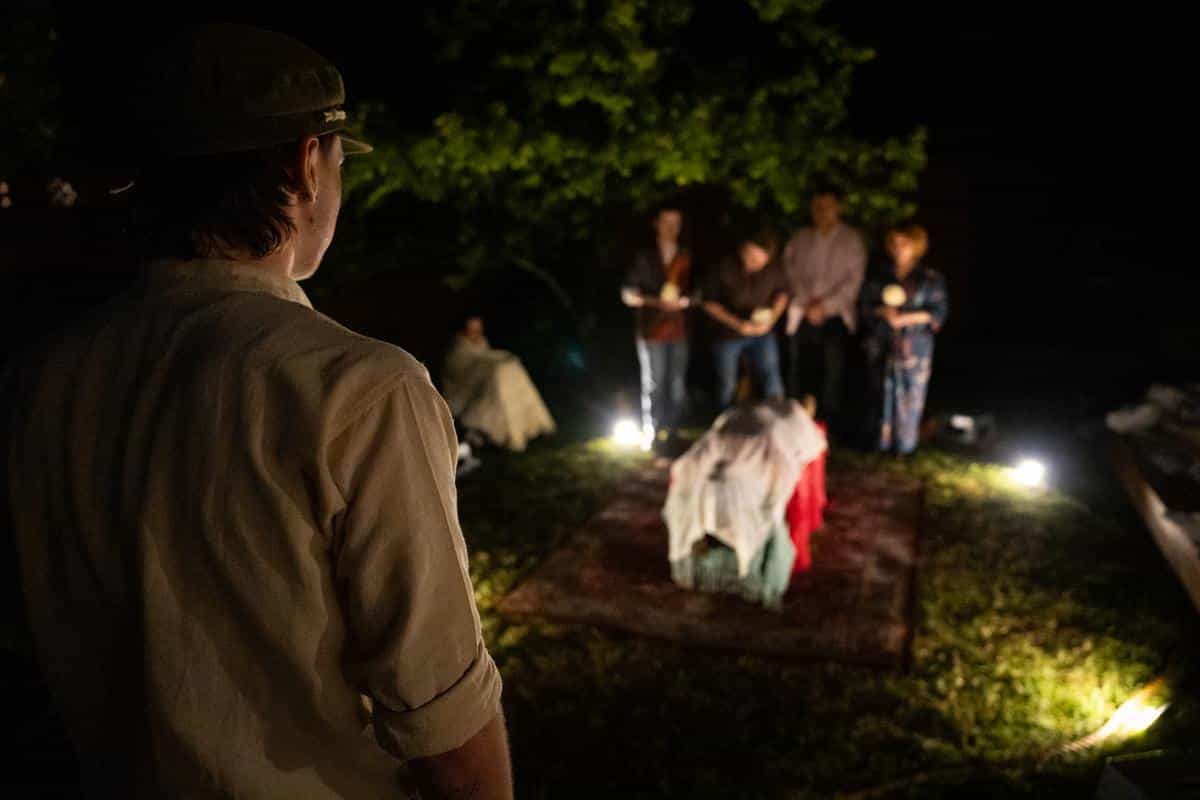
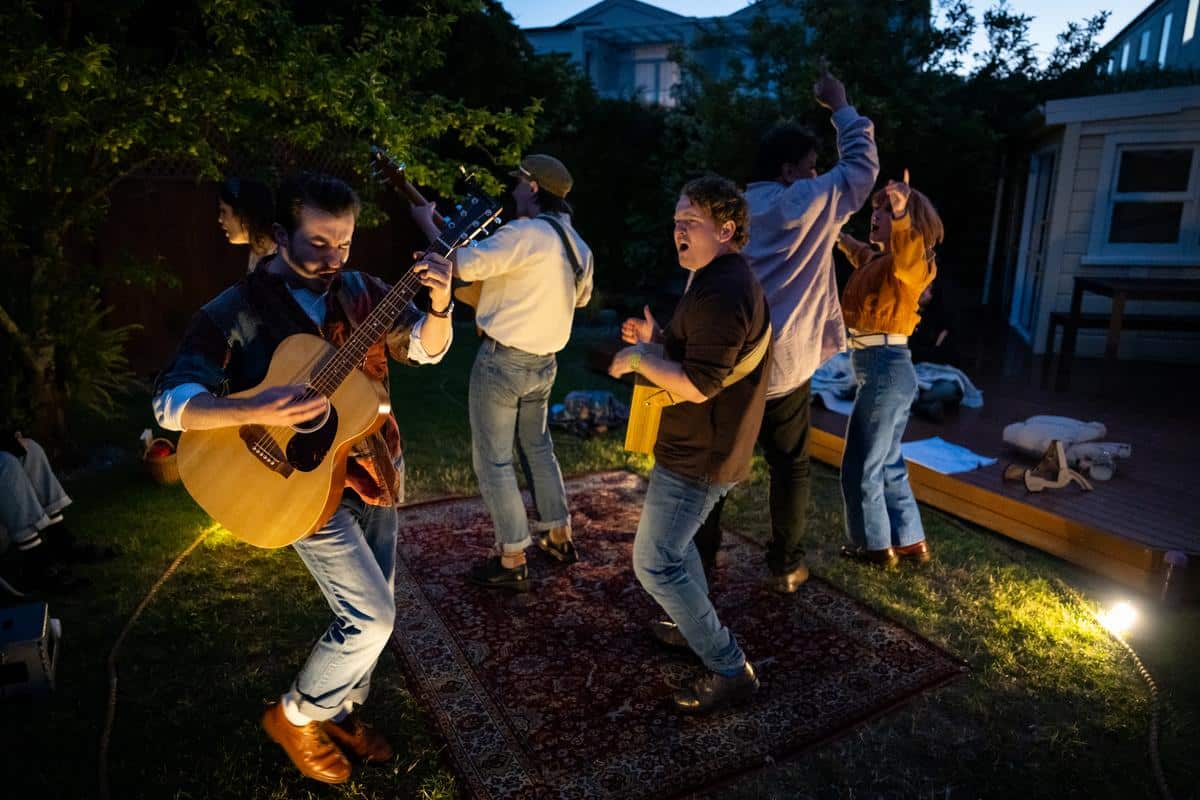
What sort of person is going to love this show?
We like to think that our shows are for everyone, whether you like the bard’s work or not, but it is always a particularly special moment when someone who before coming along would have said they categorically hated Shakespeare tells us after the show that they finally feel like they get why people love his works so much. So I would say, in particular, people who don’t like Shakespeare will love our Shakespeare.
Call someone out by name: who must come see this production?
I want to see any of the Australian musicians whose songs we use come along to the show. It’s been so special to get to connect with some of the Kiwi artists we’ve used music from, and I’d love to get that connection across the ditch as well! So that means I want to see: the band Dragon, the band Jet, The Dreggs, Divinyls, and Kyle Lionheart at the show!
Where can patrons purchase tickets to this production?
The production runs from 27 May – 1 June at Chapel Off Chapel. To book tickets to the Romeo & Juliet/Macbeth Double Bill, please visit https://chapeloffchapel.com.au/show/the-barden-party-shakespeare-double-bill/.
Thank you so much for sharing your insights and excitement for the Romeo & Juliet/Macbeth Double Bill. Wishing you all the best for the upcoming performances – may they be filled with all the music, mischief, and magic that makes Shakespeare unforgettable! Break a leg!
Other production interviews can be viewed in our About The Production Series.
